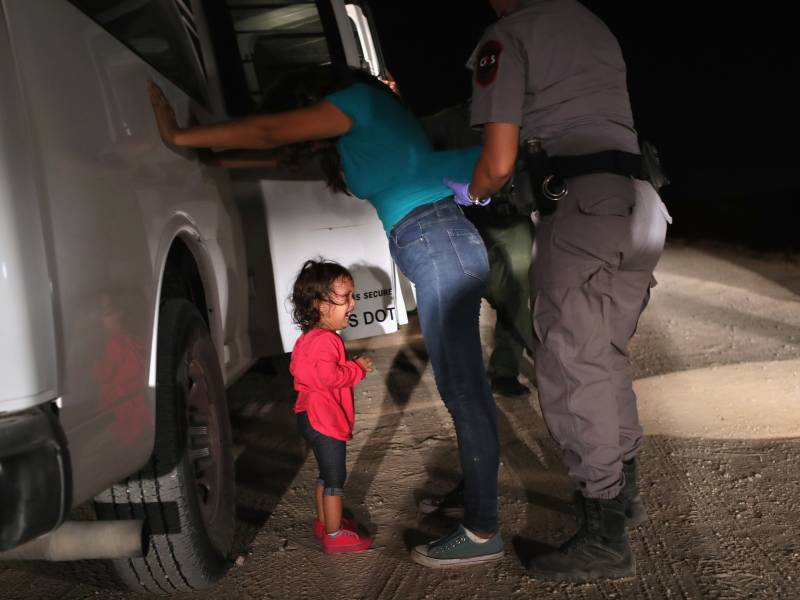Days after his speech in San Diego, U.S. attorneys along the border raised concerns about family separations as well as the whereabouts of children, the review notes. Sessions promised additional resources, but instructed them to stay the course.
The review says Sessions had grossly underestimated the legal and logistical challenges accompanying his policy. His department also failed to effectively coordinate with other agencies, including the U.S. Marshals Service, who were given no advanced notice, the review said. The USMS told the DOJ there would be resource shortages, which would impact the safety of the public, courthouses, detention facilities and staff.
Federal judges and other stakeholders along the border grew concerned as the courts became burdened with cases. On June 20, 2018, President Trump issued an executive order that curtailed the policy, replacing it with a similar one that kept families together. The damage had already been done.
Denise Bell, researcher for refugee and migrant rights at Amnesty International USA, called on the incoming Biden administration to make families whole and provide pathways for them to obtain legal status.
"This report reinforces what we already knew: The cruelty was the point and the government ripped families apart intentionally to keep families from seeking safety here," Bell said in a statement. "This utter disregard for people's lives caused irreparable harm."
Copyright 2021 NPR. To see more, visit
NPR.org.
9(MDAxOTAwOTE4MDEyMTkxMDAzNjczZDljZA004))

9(MDAxOTAwOTE4MDEyMTkxMDAzNjczZDljZA004))